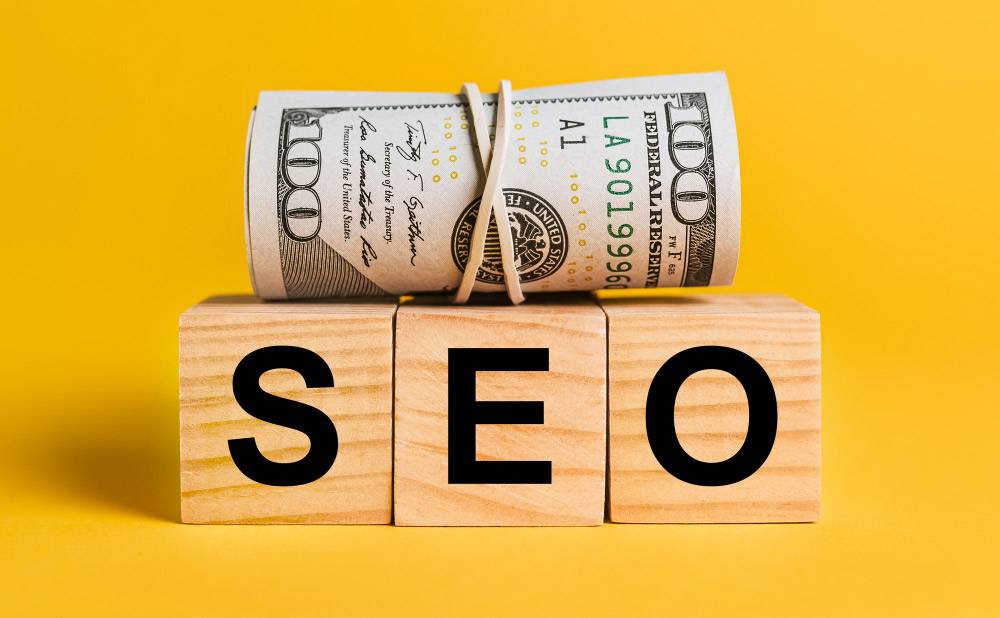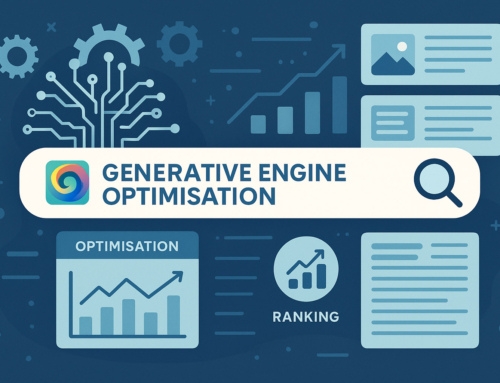
Why do SEO services cost a lot?
When you look at a business and all those business associated costs, it’s important to look at each one and ask if its really necessary for it to be so high – and one of the things that gets questioned more than others is SEO services.
We actually get asked a lot, why is SEO so expensive? Don’t worry, we’re used to it! There’s a few reasons why SEO wears the price tag it does, and by delving into the intricacies of SEO’s complexity, the specialized skills it demands, the investment in cutting edge tools, and the ongoing efforts required for sustainable results, we aim to shed light on the reasons why SEO is often associated with higher costs.
SEO can seem expensive because: it is a slow burn.
It’s no secret that SEO is a long term strategy, but as we all know it’s an instant gratification world out there and for some people a month should be plenty of time to see if something is working. While there may be some improvement in that period, it’s by far not the end of the road.
Pro Tip: if an SEO company promises overnight results, that’s a red flag. Check out our “How Do I Know My SEO Company is Good?” blog for more red – and green – flags.
One of the issues with SEO is anecdotal claims that it doesn’t work and success bias. Imagine – someone is starting a business and they hire an SEO company so write several webpages and blogs for them, but they don’t see much change in the first month. The business owner is annoyed and decides to discontinue because he feels the SEO services are expensive, and instead puts all his marketing budget into paid advertisement and sees immediate results. Over the next few months’ the SEO pages and blogs do just as well as the pages with ad leads – the owner assumes that he was right, see ads are the thing! What he doesn’t see coming is when he decides to pull back on the ad budget, the hit rate on all the pages fall – except the SEO’d pages because they’ve been bringing people in via search engines all alone. The problem is, he assumes it’s because they’re the oldest pages and so of course they’re bringing people in… recency and success bias at work.
It really can take a few months for SEO to pay off because it takes that long for the search engines to a) get around to crawling your site,
b) see that it’s a consistent and trustworthy page from a consistent and trustworthy website, and
c) for the user interaction with the site to support the search engine’s assumptions about the page.
Let’s unpack that third one a little:
If you were looking to buy a lawn mower and so, naturally, you went to your preferred search engine and searched for something like “best lawn mowers on sale in Auckland” and the very first result was a blog about goats. That was not what you were looking for, so you cast a glance over it and hit the back button. Next you find a hardware store with a blog section comparing the top three best selling lawn mowers they have and you end up reading the whole thing and clicking through to their sales catalogue. Both of those interactions tell the search engine something – even though the first result looks good from a structural point of view (i.e., it uses lawn mower related keywords a lot) someone looking for lawn mower advice did not find it useful and left the site quickly in favour of another, where you stayed for a long time and explored the broader site. This will help the second result move towards the top and the first move further down the list.
Now imagine how often this has to happen for search engines to be able to take notice – starting to see why it takes time?
The benefit of the slow burn, though, is that it burns hotter for longer once it gets going. Yes, SEO needs maintenance (more on that next) but a page that gets to the top spot in the results is unlikely to crash down from that spot quickly – unlike ads which, obviously, stop being effective the moment your campaign ends.
In fact, the longer a page is live, the more search engines can trust that it’s a well established website and therefore can be trusted.
SEO can seem expensive because: it requires ongoing maintenance
Not in the same way ads need to be constantly funded in order to be of any use at all, but SEO needs to be an ongoing project. Whether this means new pages, updating old pages with new information, creation of blog posts, or staying on top of algorithm changes – it’s all maintenance.
The act of maintenance tells the search engines that the page in question is up to date – there’s not a lot of use in having the top spot in the search results be “top ten digital cameras to buy this Christmas” blog that was published in 1997. On the flip side, that same article first published in 1997 and updated every 6 months with good SEO and taking into account the latest releases is unlikely to be overtaken by a quickly put together listicle.
SEO can seem expensive because: it takes expertise to get right
There is a whole world of skills to learn in order to be really good at SEO, there’s the technical side which can include both on and off page metrics, site health and speed, structure strategy, writing skills and sometimes even coding skills. Then there’s the interactive side of it, who is linking to you and are they trustworthy, how does your page look and feel to viewers, and how often do the same people return to your site.
Ever read a blog post that sounds just a little bit unhinged? After the seventeenth ‘best X you can buy’ you’re looking at your screen like it’s yelling at you and you don’t even want to buy the thing you went there looking for anymore – that’s keyword stuffing and it’s not good for your website.
…but what counts as keyword stuffing? Fifteen instances? Six? A hundred mentions? Well, it depends on a few things but we can pretty much guarantee a hundred is too many times. Finding that balance, though, is a matter of learning, trial and error, and practice.
There are tools out there to help you optimize, but they too are fallible because they use strict rules that don’t always apply – but us humans know when to push those guidelines and when not to.
For example, remember that over the top example of keyword stuffing, the 100 instances? That might fly if your page is a 9,000 word travelogue through every hot dog stand in New York. Maybe.
The expertise that makes a great SEO consultant isn’t cheap because it cost them years and often a lot of money to get that knowledge. In the same way that you pay more for a Creative Director Stylist to cut your hair at the salon than you would for the fresh-faced apprentice, you can be more confident in the skills of a well established SEO consultant than someone who is just learning.
SEO can seem expensive because: we’re used to ‘the internet’ being free
It sounds silly, but we really are so accustomed to the internet and digital aspects of life being free. We spend hundreds, if not thousands, of dollars on a smart phone. A hundred dollars on a protective case, insurance, and screen protectors. People even used to pay for exclusive ringtones and funny voicemail messages.
But pay $1.99 for an app? Too expensive. Despite the hours we know go into creating, coding, and running a good mobile game, we want it for free – and no ads either please!
Do SEO services cost a lot, really?
Is SEO expensive? Well, ‘expensive’ means different things to different people. For a one person blog not looking to bring in more than $100 a month in ad revenue, then a $250 a month package is too expensive. For a large enterprise looking to move from $20,000 a month to $50,000 a month in revenue, spending $5,000 a month doesn’t seem expensive at all.
Additionally, when taking into account how much SEO services cost and comparing that to the long term positive effect it has on your digital footprint is SEO expensive? Well, no. Not in comparison to other marketing services for the same results – reliably bringing in potential clients to your page every month through ads is a costly and shallow tactic. Stop paying, they stop coming. SEO on the other hand? Organic search traffic is king.
Ask yourself – is a SEO company expensive, or does it just feel that way?






